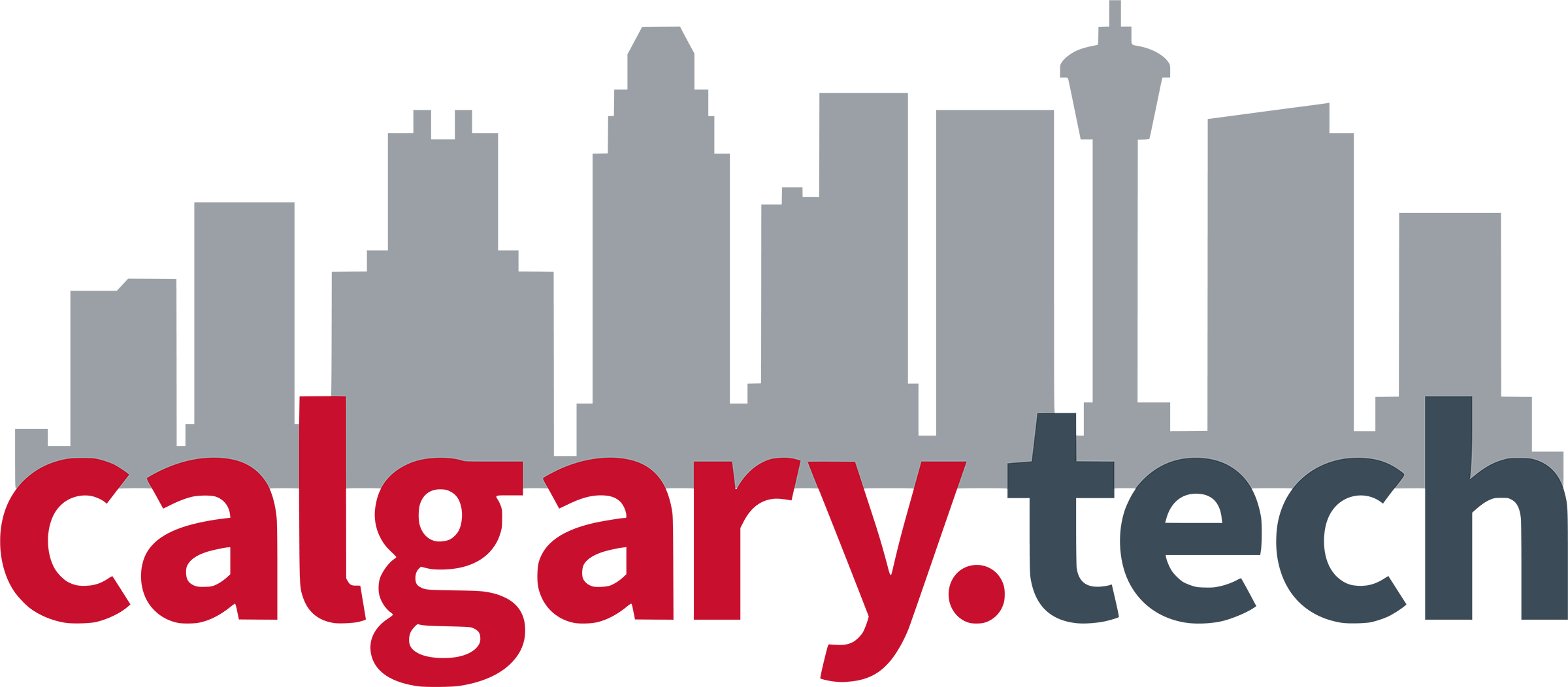
A Calgary-based biotechnology startup believes it is poised to transform the way the world’s livestock is fed by providing a low-cost, low-carbon, sustainable alternative to fish or soybean meal.
Cvictus is on a mission to resurrect a proven, decades-old industrial fermentation process that converts methanol into a high-protein material used in animal feed.
First commercialized in Britain in the 1980s, the technology was abandoned due to rising methanol prices.
Now, Cvictus is revitalizing the pioneering method by leveraging its proprietary system for extracting beneficial gases to produce feedstocks, such as methanol, from coal deep beneath the earth’s surface.
To do so, the company is tapping into expertise at University of Alberta’s Biorefining Conversions and Fermentation Laboratory through a program coordinated by Mitacs, a Canadian organization that helps boost homegrown innovation.
“We have giant dreams and expectations for where this technology will go, but as a startup, we can’t feasibly employ the resources required to scale,” commented Katrina Stewart, Cvictus Director, Biotechnology and Carbon Reduction. “Academic researchers provide the innovation, expertise and drive we need to help move the needle forward on this exciting technology.”
The work of Mitacs-supported researchers is helping Cvictus advance two separate yet integrated projects.
On the clean energy front, they’re contributing to commercialization of the company’s large-scale hydrogen recovery platform near Red Deer, where hydrogen is “mined” from deep within the coal seam using patented technology that sequesters carbon at the same time.
On the biotech front, student researchers are helping to resurrect, improve and modernize methanol fermentation to support animal feed, with the potential of making a more positive impact on the environment.
“Cvictus is a powerful example of how Canadian innovation fueled by research talent from our own universities can lead to smarter, more sustainable agricultural solutions,” stated Stephen Lucas, CEO of Mitacs. “We’re proud to help accelerate made-in-Canada solutions that directly benefit Canadians and strengthen our economy.”
To date, working in the University of Alberta lab under the supervision of professor David Bressler and in consultation with experts who worked on the original technology, student researchers have conducted methanol fermentation at bench scale.
“When we looked at different ways to utilize coal, and bring it to market, methanol was easiest to produce after hydrogen,” noted Stewart.
Cvictus recently received a US$1.7 million grant from the Bill & Melinda Gates Foundation. The startup is now applying the Gates Foundation funding to move the process to larger equipment located in the university’s Agri-Food Discovery Place, where researchers will be working under the supervision of professor Ruurd Zijlstra on live feed trials in animals.
With animal feed trials expected to begin later this year in broiler hens and pigs, the next step is regulatory approval. Once commercialized, the product has the potential to supply most of world’s animal feed market using coal as a sustainable resource, according to Stewart.
“Technically, we could use any methanol source as feed stock for our process and it would still be beneficial to the agricultural industry,” said Stewart. “But the real gains come when we pair our ultra-low-cost, low-carbon upstream technology with the fermentation. We truly aim to create carbon negative living.”
Cv̄ictus has been named to The Foresight 50, a list of Canada’s most investable cleantech companies
Mitacs is a not-for-profit organization funded by the Government of Canada as well as Provincial governments.



Leave a Reply